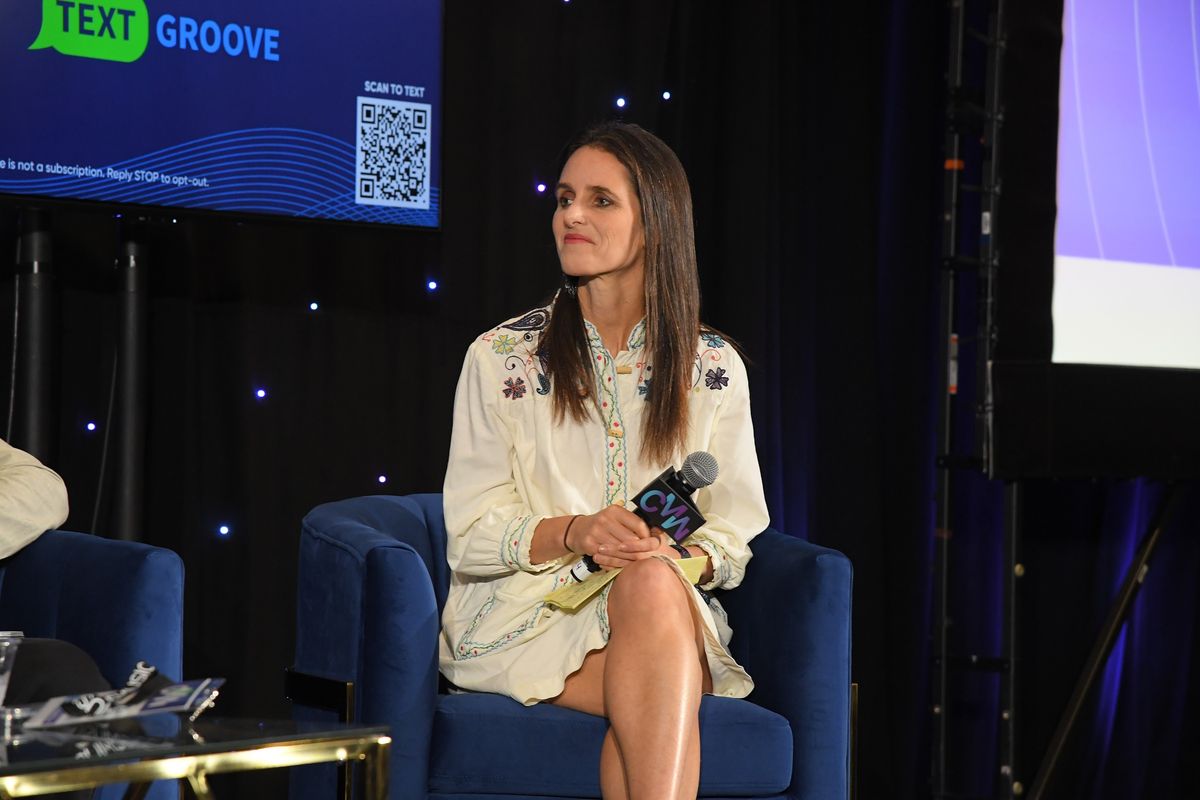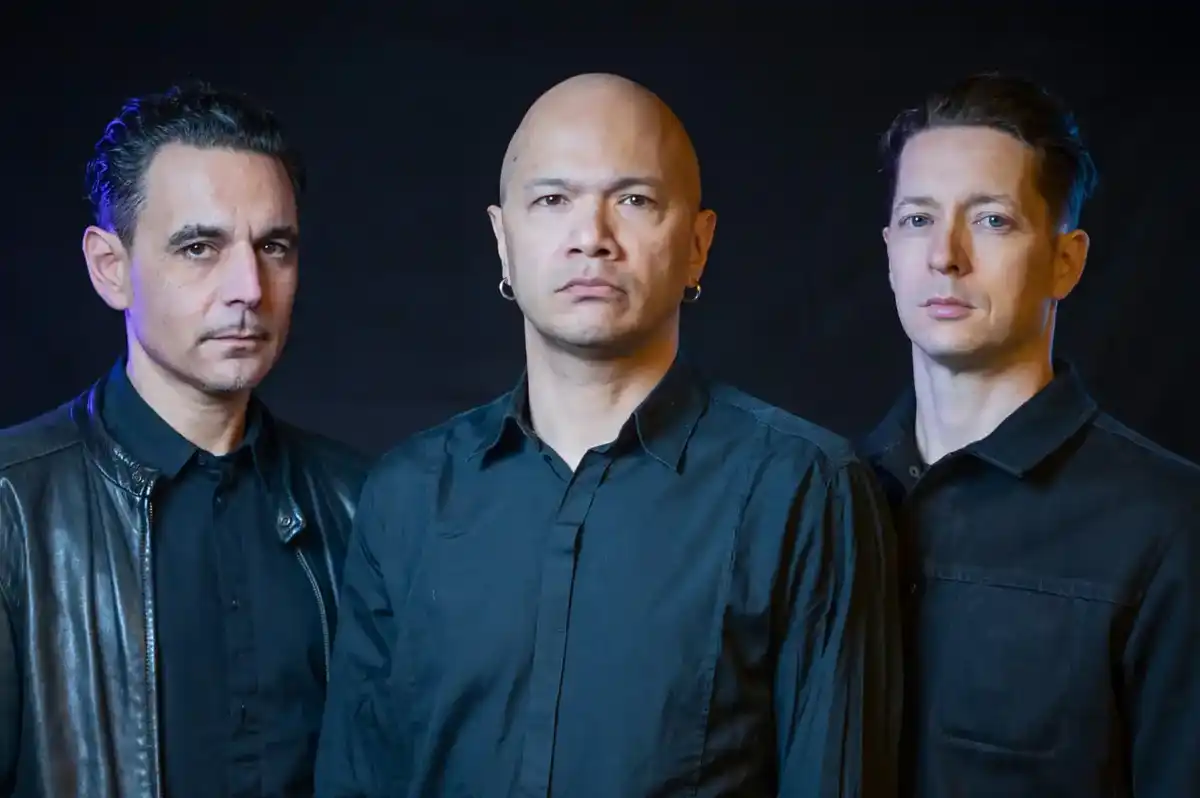The Best Advice from Billboard's Pitching to Media Panel at Canadian Music Week 2024
Billboard Editorial Director Hannah Karp moderated a panel that included Billboard Canada editor Richard Trapunski, Red Umbrella P.R. owner Charlotte Thompson and Pure Country Radio Director Dayna Bourgoin. This was their best advice for upstart musicians and publicists looking for coverage.

Billboard Editorial Director Hannah Karp at CMW 2024
Billboard hosted a panel on pitching to media at Canadian Music Week 2024.
The panel was moderated by Billboard’s Editorial Director Hannah Karp and featured members of multiple sides of the industry coin, including Red Umbrella P.R.’s Owner and President Charlotte Thompson, Pure Country Radio’s National Music Director Dayna Bourgoin and Billboard Canada editor Richard Trapunski.
The panel offered valuable insight on the Do’s and Don'ts of pitching ideas and artists to media from Canada to the U.S. and beyond. Karp offered valuable advice and asked others on the panel to do the same, while also soliciting questions from members of the audience — many of whom were musicians themselves.
So, for those who may have missed it, here’s an overview of the panel's best advice.
What’s the most important thing to keep in mind when pitching to the media?
Trapunski: “Know who you're pitching to, read some of the stories that have been on [the publication], know the areas of coverage. Don't just send a blind pitch to whoever. Know what stands out. What's going to get me to pay attention? [Especially if the artist] is brand new and I don't know them], if they're the best yodeler in South Dakota, whatever it is, put that in your subject line. Make me pay attention right away.”
Thompson: “Sending a mass email out to 50 outlets, I get why you do that, because time is short and of the essence. But [for instance], I know a producer is a huge Blue Jays fan. We've connected over personal things over the years. That [personal relationship] will come with time. Standing in rooms with people and lots of waiting, conversations come up. Get to know people, introduce yourself.”
I’m a small/mid-sized artist. Do I need a publicist?
Thompson: “It's funny, I do say no to people that come to me looking for PR because I just don't feel like they're ready. They don't have a story, they don't really know what it is that they want to convey and tell people about themselves. I'll say to people, keep building, keep approaching some of the blogs on your own. If you are speaking to a publicist about taking on your project, just make sure that you're ready, be prepared.”
Trapunski: ”It's gotta be a really good pitch [whether or not you have a publicist. Do your research, get to know the publication, really craft a good story. If the pitch is really, really strong, then that could get my attention. The benefit of having a publicist is I might already have a relationship with a publicist. I might be paying attention if I see their name in my inbox. But to me, if it's a story, it's a story. It doesn't necessarily matter who it's coming from.”
What if I want to pitch my music for the radio?
Bourgoin: “When we're playing you on the radio, we want you to be on the radio for a long time. We don't want you to just have a one-off song. So, have three or four really great songs, and maybe I can hear a few of those songs. I'm getting 40, 50 songs [in total]. I'm narrowing it down to five to seven that I'm sending out to a panel, and then we vote and decide which one. You don't need a publicist. But, it's helpful to have a team behind you, advocating for you, so that you can focus on the creative side. It is hard. I'm not going to lie to you, it's a little tough. But, like we've said over and over, be persistent. Keep trying.”
How important is it to build a relationship with members of the media?
Bourgoin: “I've known Charlotte for 20 years, so if she asks me to do something, it's a yes. Those relationships are so important, almost always a yes.”
Trapunski: “Not everything has to be a direct pitch. I got invited by a publicist to a small underplay show for a country artist recently. No obligation to cover that show, and that was never really the intention of [the] invitation. Now I'm familiar with that artist, they're starting to get big, and I've seen them live. It was a really good show, so I've got it in my head for next time.”
Thompson: “I always tell my artists, they're not your friends. You do have a job to do, so you have to be careful when you are sitting down for interviews, so respect that. But I certainly do feel like I have made a lot of friends and built a lot of relationships. It's honesty, it's trust, it's being transparent in moments that might be a little bit uncomfortable as well.”
What makes a story interesting, and how can I get my story out there?
Thompson: “It's just knowing where to start, whether that's an entry-level blog to get your feet wet, or the experience of doing the interviews as well. Talking about yourself isn't an easy thing to do. It's being comfortable and knowing what your story is, and again, making sure that you're speaking to the right outlet. It's okay to want to end up on Saturday Night Live, but coming hot out of the gate pitching Saturday Night Live probably isn't gonna work. So just start, and move up the ladder from there.”
Trapunski: “We're not in the business of printing rewritten press releases or stories with the same angle as every other media outlet. We're more interested in solid story pitches that are well-tailored. For instance, there was a story we ran on Billboard Canada recently, where Live Nation pitched us their specific executive who was in charge of Latin music in Canada. They pitched that directly and exclusively to us with the understanding that we'd covered similar stories and knew that it would be in our wheelhouse. And it was in our wheelhouse, because we ended up doing it.”

















